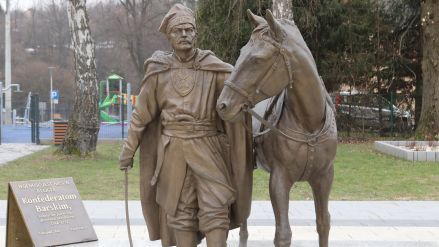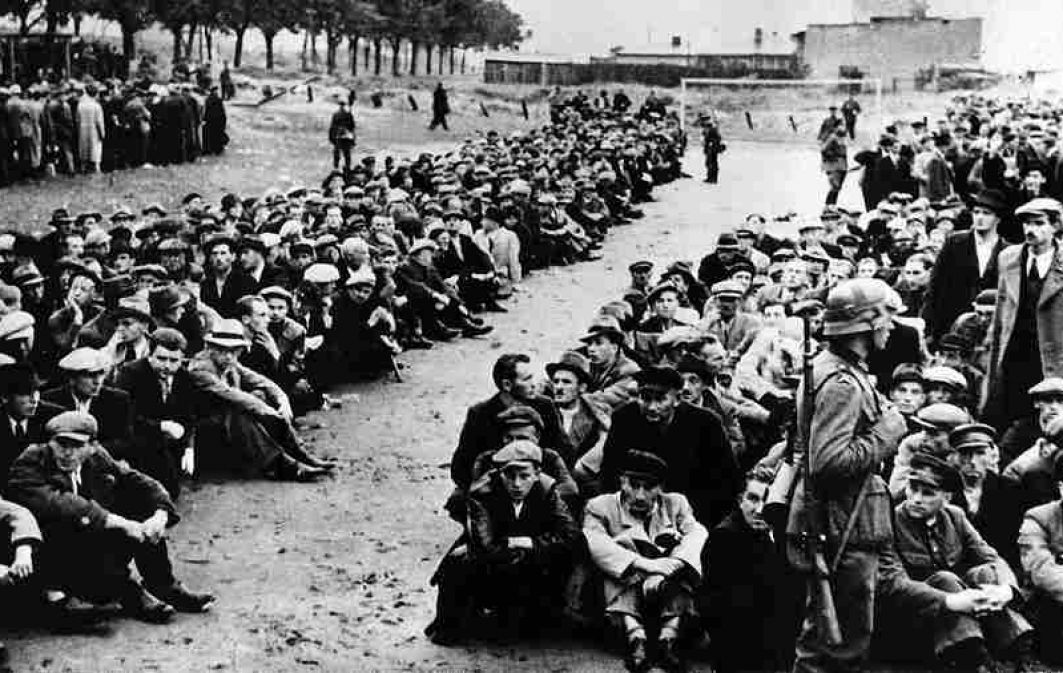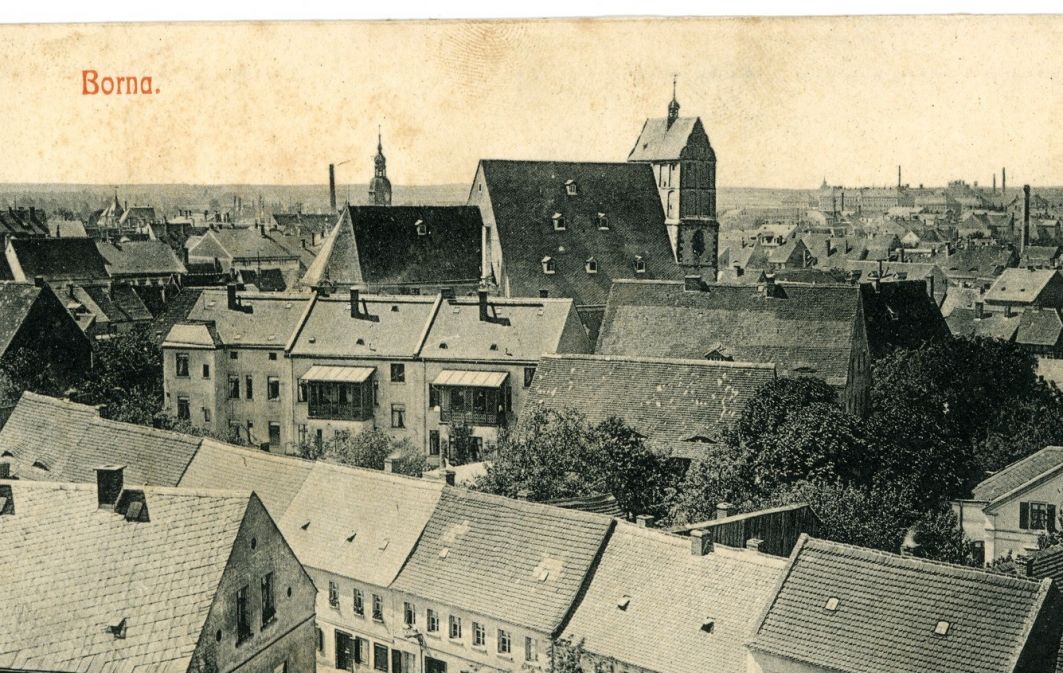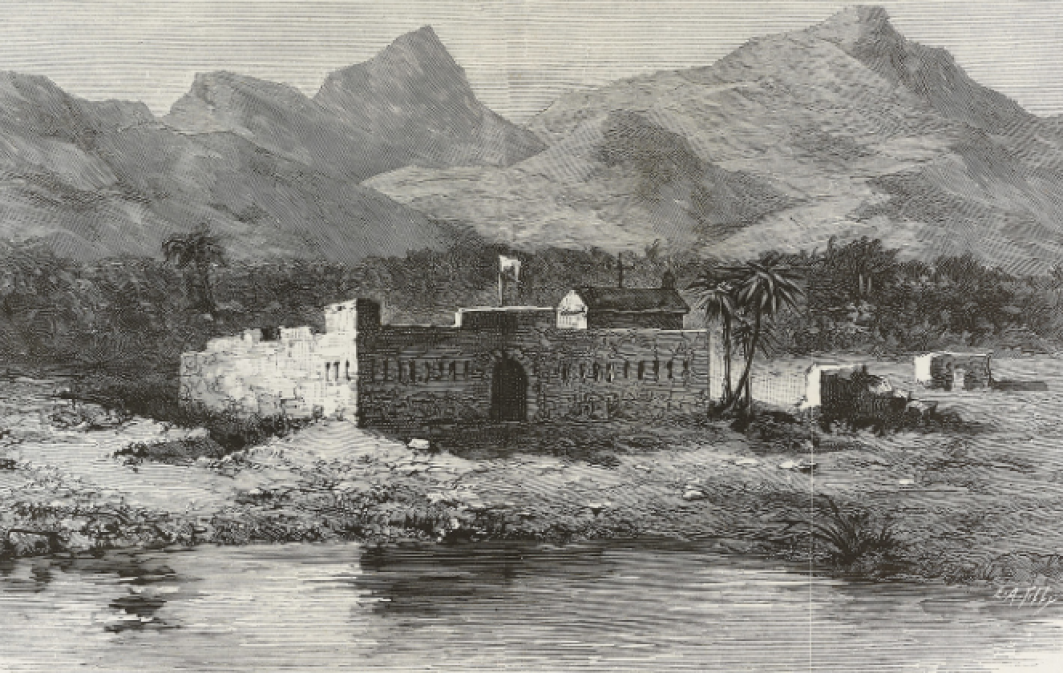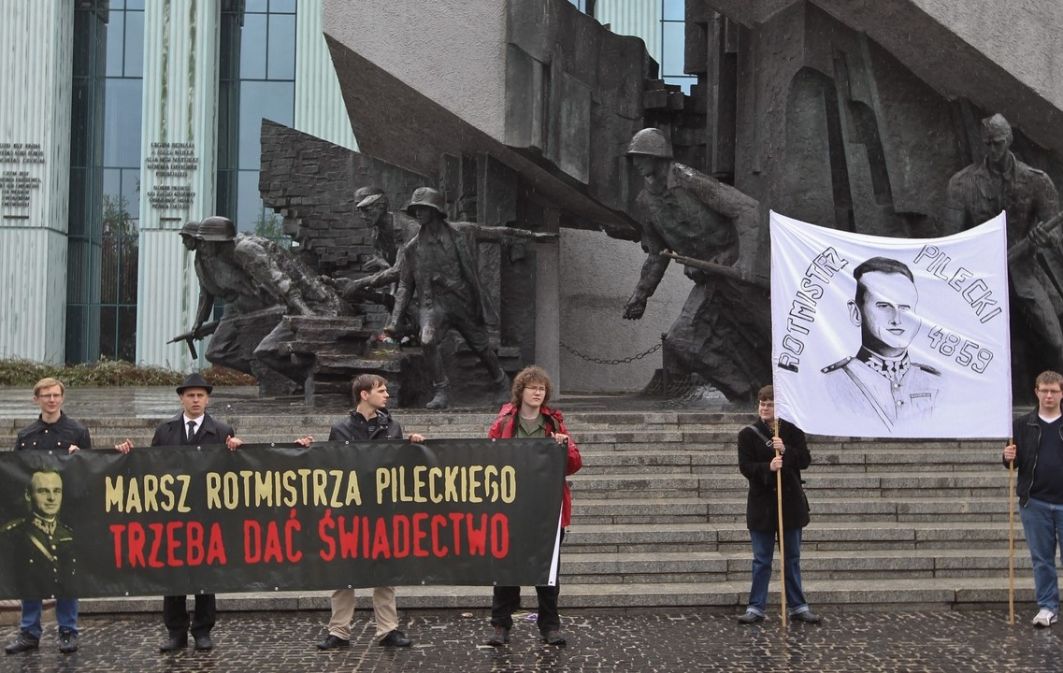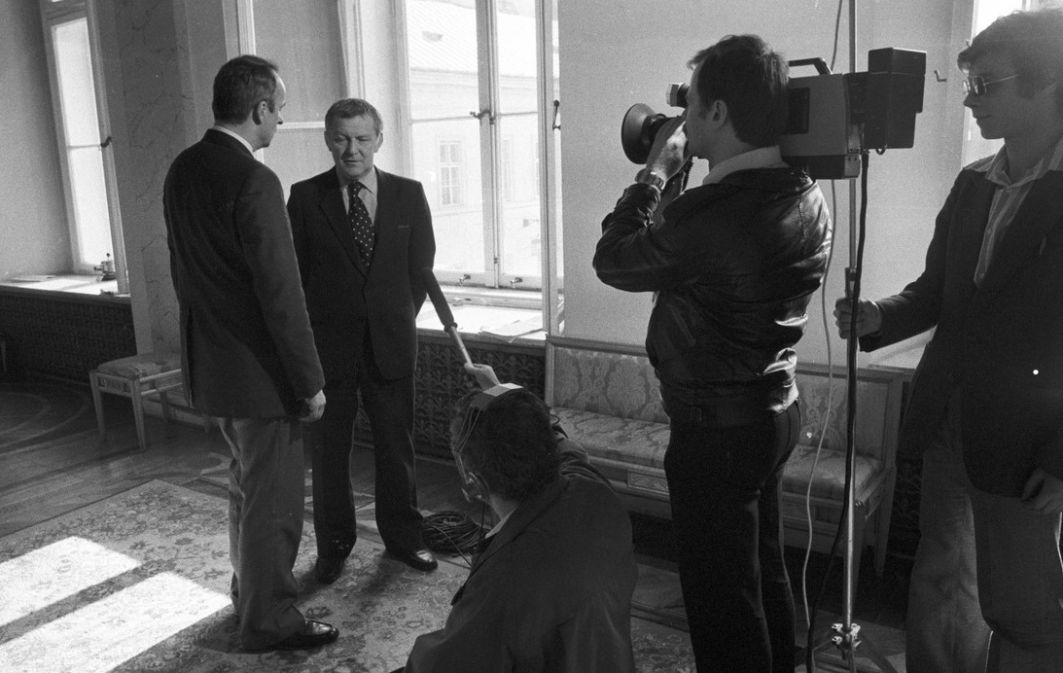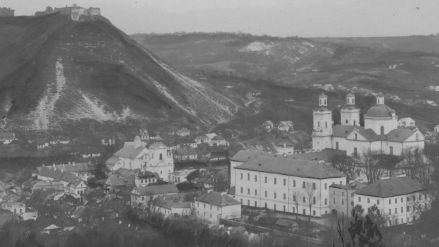
Just learning: 12,000 species of plants in the garden, textbooks from London, physical instruments from Paris - all paid for with the grain of Volhynia.
see more
The agent went on “Tom Kahn assured the representative of Solidarity that the AFL-CIO would adopt the position advised by Modzelewski and asked the Polish representative to clarify if Solidarity was ready to receive ‘conditional assistance’”
The circumstances that were to verify the position came along unfortunately eleven months later.
Kirkland found out about the imposition of martial law during a visit to the offices of the OECD. There and during an earlier visit to London to which he had travelled on December 14 to meet with labour figures, the first friction with the advocates of the ‘realistic approach” were seen. It was on December 15 that he met with Ronald Reagan and his closest advisors, including Alexander Haigh the Secretary of State and chief of staff James Baker.
The meeting provided the first criticism of Washington’s reaction to martial law and to propose a radical sanctions programme. He thought that the dire economic bankruptcy of communist Poland would dramatically complicate the situation of the regime on the international stage. The Jaruzelski regime had no chance in meeting repayments of its debts and could only appeal to restructure.
Nicaragua or Poland?
As it happened, such drastic sanctions were not imposed. Alexander Haigh as a well as James Nance of the National Security Council opposed the sharpening of the programme. Kirkland remained sharply critical of the Washington attitude realising that the Reagan team was “fixated” on the fight with communism in Central America from Nicaragua to Grenada, and saw Poland and central Europe as the “second front”. The AFL-CIO was diametrically opposed and said as much. He started in Chicago in 1982 during which he criticised the administration in Wahington and western European governments for allowing credits to those who “imprisoned Lech Wałęsa, exiled Andrei Sakharov and detained hundreds in psychiatric hospitals, thousands in prisons and whole nations under subjugation.”
Rhetoric has its own rules, but Kirkland said the same during his meetings with government officials, in the central office of the union in interviews and in press columns. He wished to oppose the wide coalition of enthusiasts for the normalisation of relations with communist Poland. After the lifting of martial law in 1983, many of these were not lacking in the Department of Trade nor among the “doves” in the Democratic party as well as among the Republicans, and in the Polish diaspora in large part.
“Withhold credit for the eastern bloc” he appealed in 1982 “Withhold credit for those who keep Wałęsa in jail!” He called for sanctions to be applied, and this was indeed realistic, to those Europeans keen to strengthen relations with Warsaw or Moscow. He argued about the agreement of the US to let Polish trawlers fish in its coastal waters, the renegotiation of eleven million in debt repayments, the landing rights for LOT Polish Airlines in the US, the embargo on the export of technology. He would persist till August 1988 when the AFL-CIO succeeded in blocking the Generalized [sic] System of Preferences clause for communist Poland.
The circumstance surrounding the reality of martial law in Poland and the invasion of Ukraine in 2022 differ. Different too was the contemporary support for “ordinary Poles” under Jaruzelski’s regime from today’s support of “ordinary Russians’” support for the Kremlin. If we start to mix the arguments concerning today’s debate about sanctions against Russia, it is worthwhile remembering about the endurance of Lane Kirkland.
—Bohdan Miś
TVP WEEKLY. Editorial team and journalists
—Translated by Jan Darasz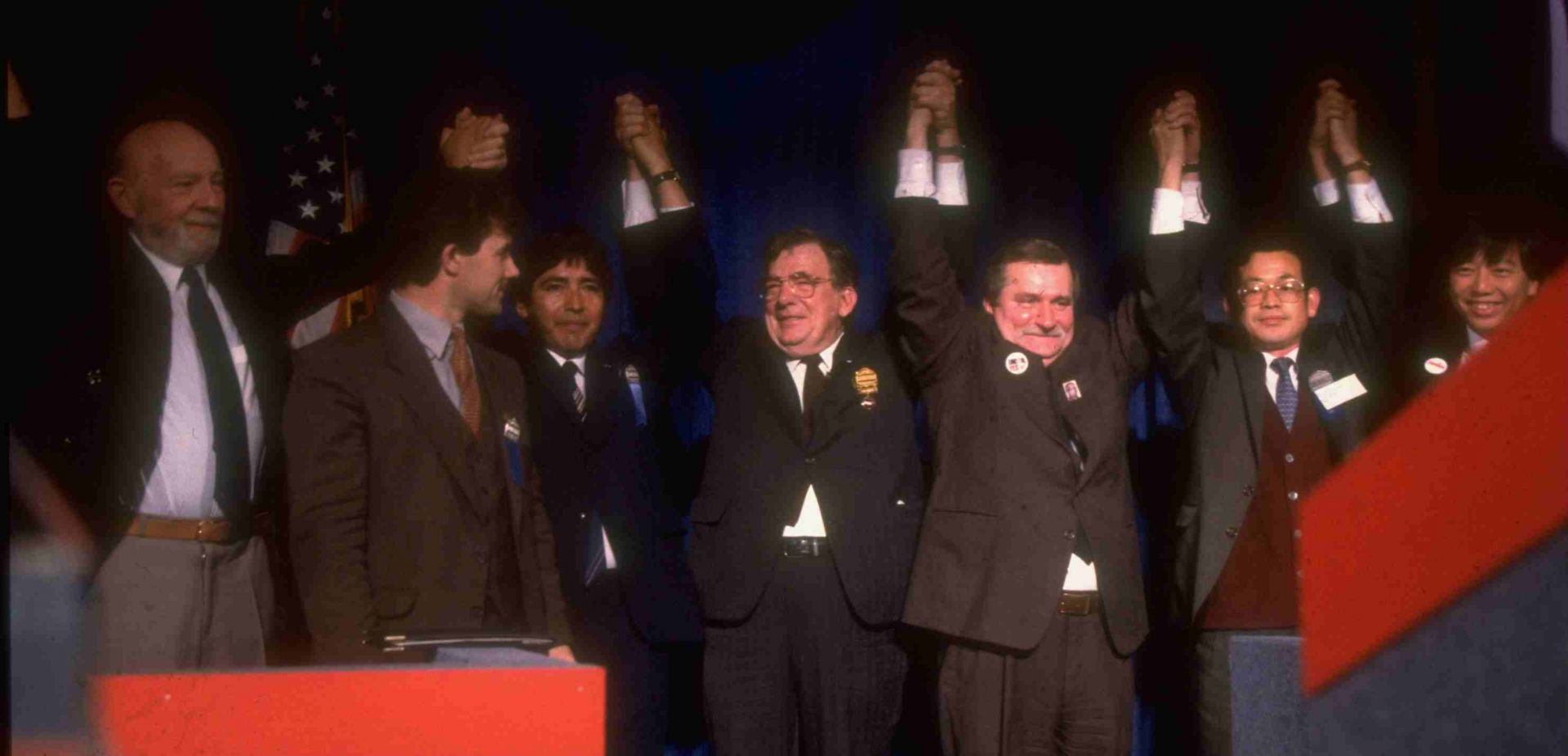
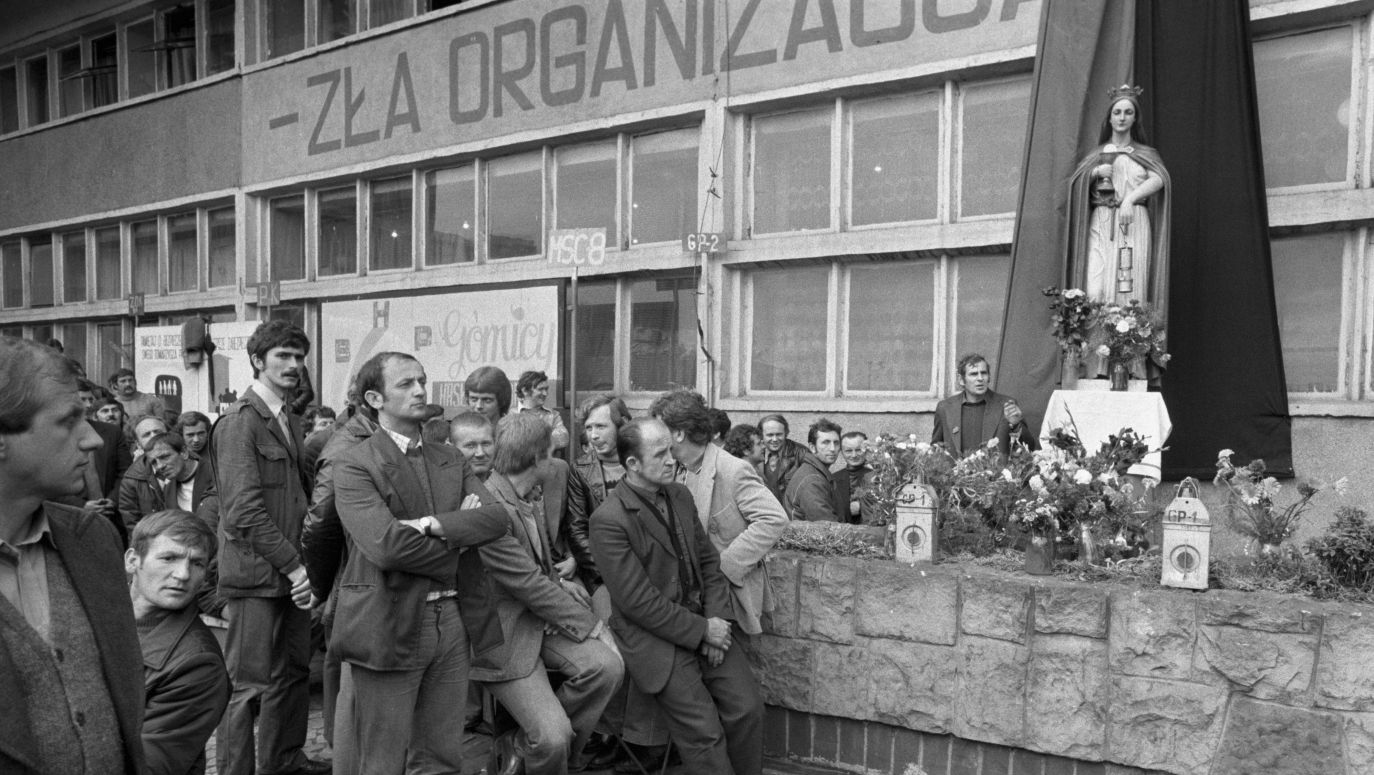
 SIGN UP TO OUR PAGE
SIGN UP TO OUR PAGE 
